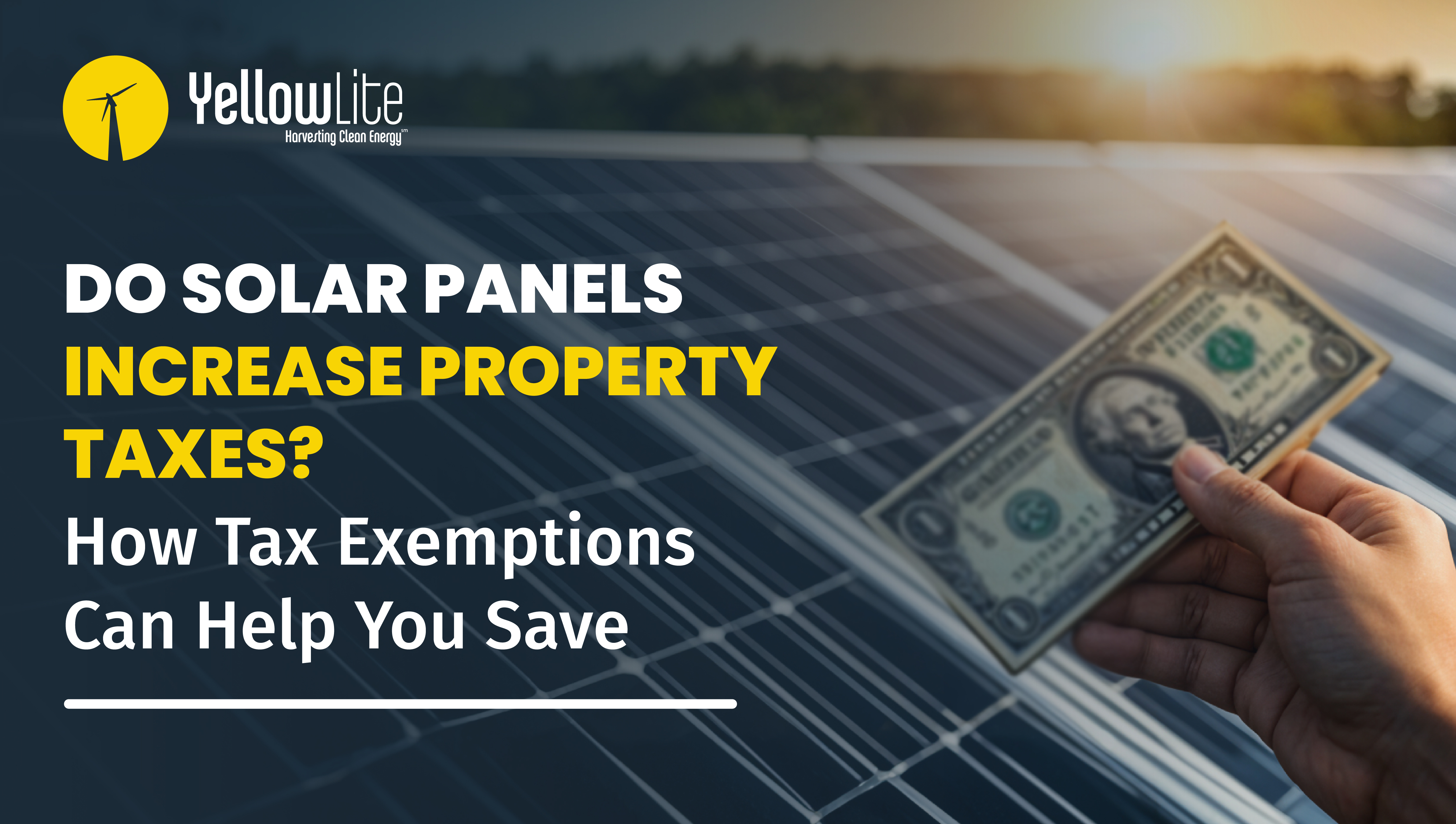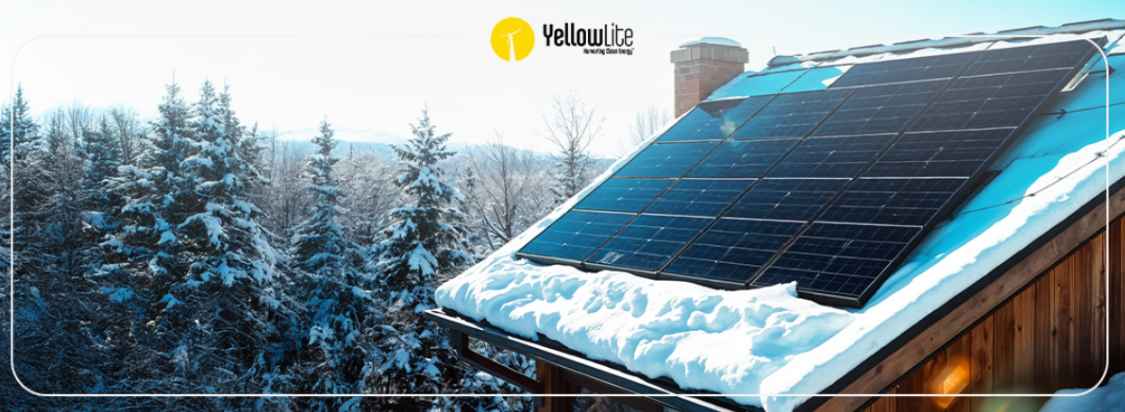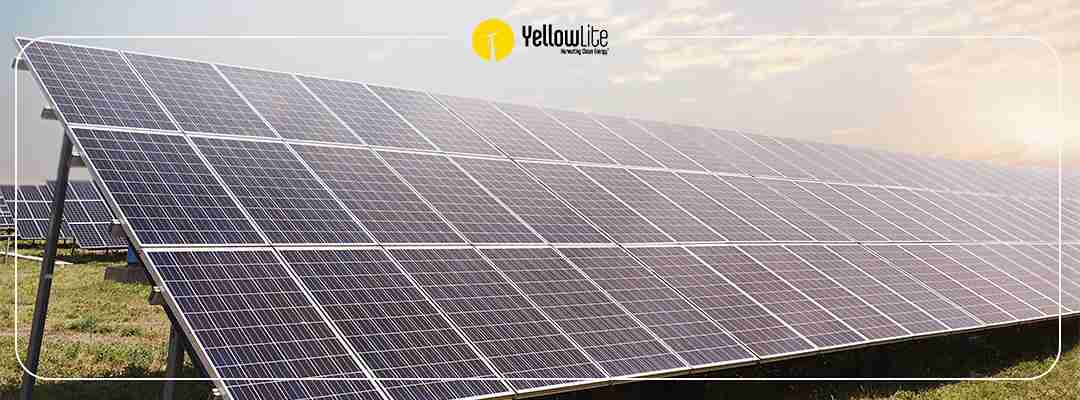Solar energy is one of the fastest-growing technologies. Solar electric systems for residential plans are a part of this booming technology. If you’re a part of this bandwagon then you know how overwhelming it all can be. Here are a few tips to tackle every step when you’re choosing your solar electric system.
How to choose your solar panels in 5 steps
- Determine solar panel installation type
- Determine a solar panel type that suits your living space
- Compare the timespan of your stay
- Choose lease vs. buy
- Compare solar costs
In the end, compare the installation type, solar panel type, and its efficiency, and homestay with your chosen solar contractor for the best suitable match for a lasting solar electric system.
Now let’s dive a little deeper into each step:
Installation Type
Solar panels can be installed in two ways. Here’s how you can choose the solar installation type that best suits your home and energy needs:
- Rooftop - These will suit you if your home has good rooftop space, minimal shading and if you plan on staying there for an extended period.
- Ground mounted - This is best if you've got a home with a big outdoor space, little or no Sun facing roof space, and are planning on moving soon.
Choosing the right type of installation type will help you decide other factors, as all of them depend on the setup you have selected for your installation.
Solar Panel Type
After the installations, it's time to talk about the solar panel types. Knowing which panel type is the right one for you will make a huge difference. Overall, there are three different types of solar panels for residential use. Without making it all too specific, let’s look at the conclusion of all three types, so you can get an idea on which model will suit your home more:
- Monocrystalline solar panels - They’re more suited when you have the plans and money for long-term investment. These will last for a long time while giving maximum efficiency in space and electricity production.
- Polycrystalline solar panels - These are more suited when money is an issue, and normal efficiency is good enough. They do take up space but also work well.
- Thin-film solar panels - Well-suited in situations where there’s no long-term investment plan. If going cheap is an alternative you want to consider, then these are the go-to solar panels.
Staying Duration
This is another important factor to look into before choosing your solar electric system. All investments and cost plans revolve around this one factor before jumping to others.
Lease Vs. Buy
Let’s cut directly to the characteristics of both to understand how they can factor in when you choose your solar electric system:
Buying:
- Want to invest long term while also going green.
- Have an average sized home
- Want to increase the market value of your house
- Have long-term plans of staying in your neighborhood
Leasing:
Leasing solar panels means that a third-party owns the equipment and you reap the rewards of green energy, all the while cutting down on your energy costs. Whether you own or rent a house, here are a few reasons why leasing solar panels might be better than buying solar panels:
- You’re interested in saving energy rather than cost cutting
- You want to avoid payments of repairs and maintenance of solar panels
- Have a small or large house
- Plan on moving houses shortly
- Want to go green immediately without having to wait for permits (the third-party deals with all legal regulations)
- You’re not sure about going fully-in at the moment and want to test out energy saving
Solar Costs
Cost is another main step to research before choosing a solar electric system. To encourage solar expansion, governments, utilities, and solar companies offer solar incentives and tax breaks to make solar more appealing to homeowners. This means that you’ll have tax benefits when you decide on a solar electric system for your home.
When you’re done with all these choices from all perspectives, you can talk with your solar contractor to find a solar electric system best suited to you. Get an instant estimate or get in contact with us at YellowLite to learn more about solar panels today.



